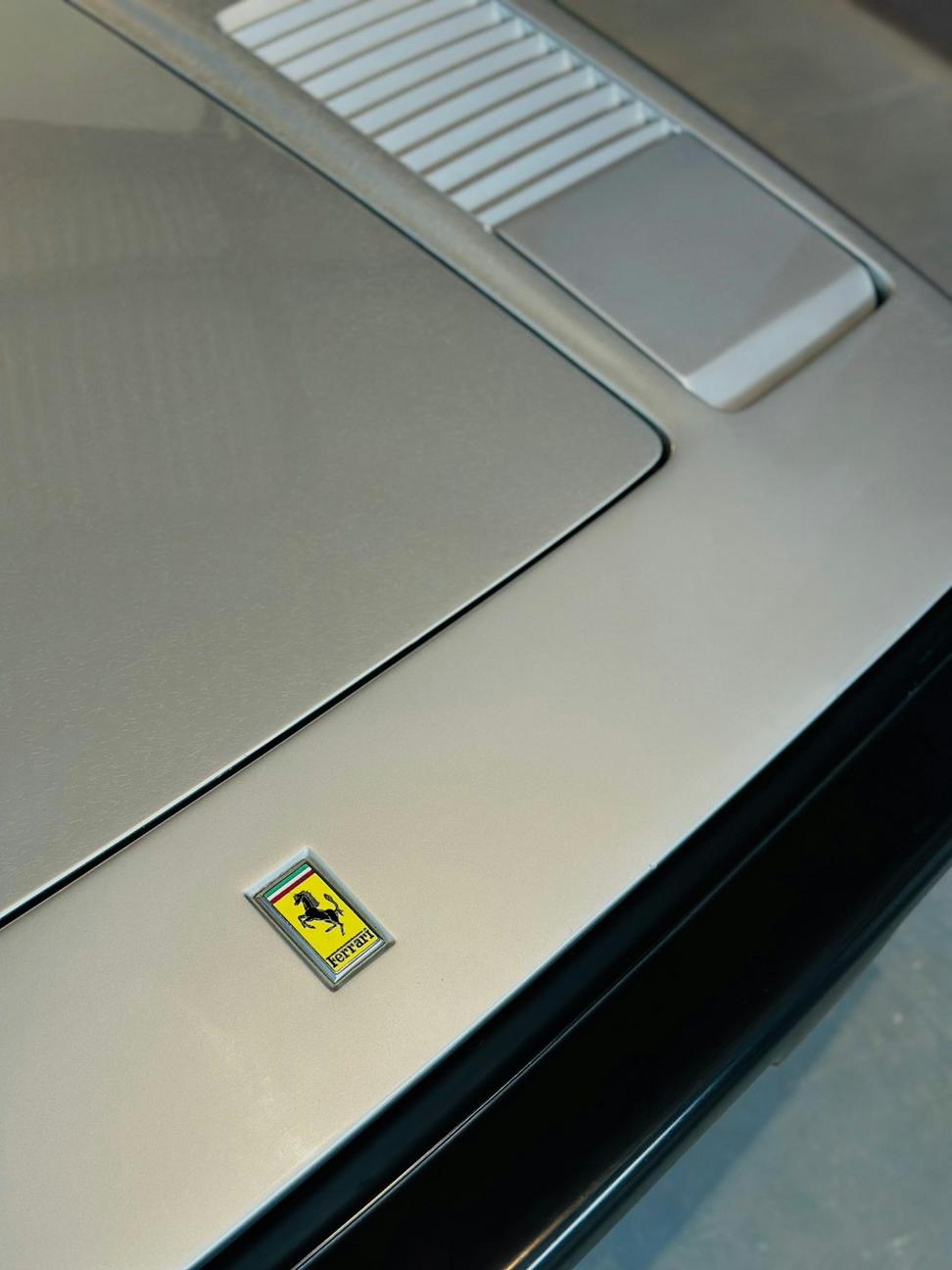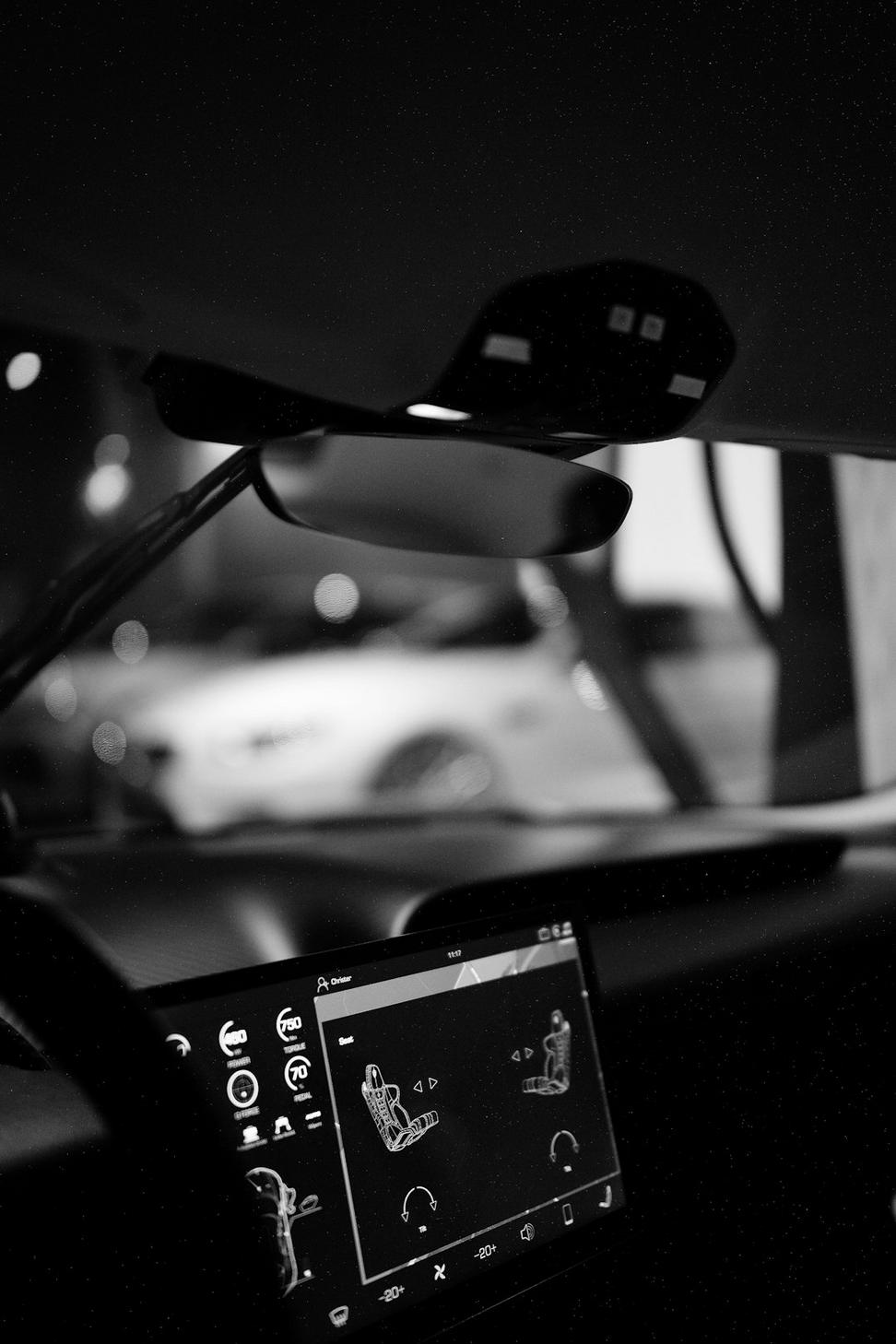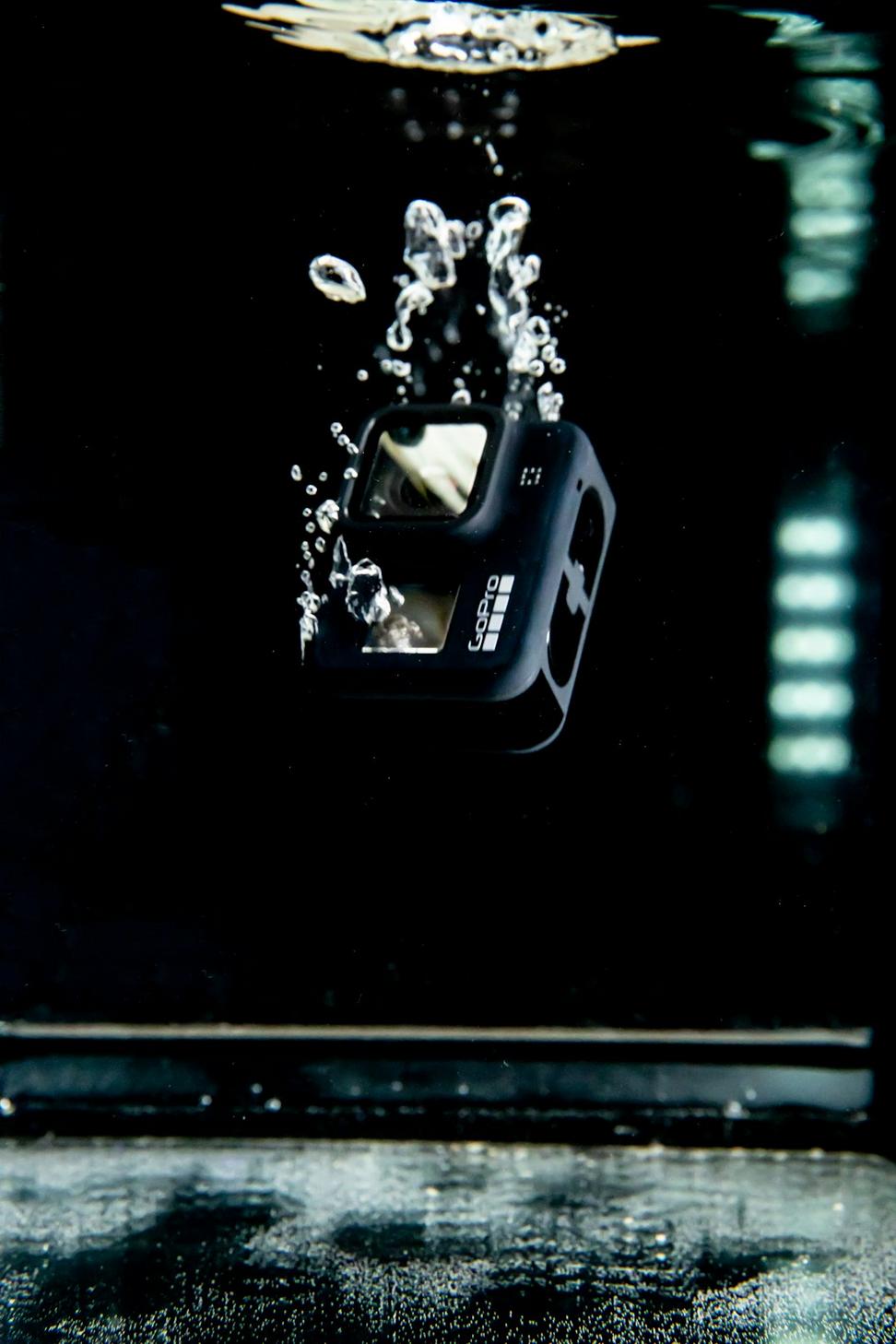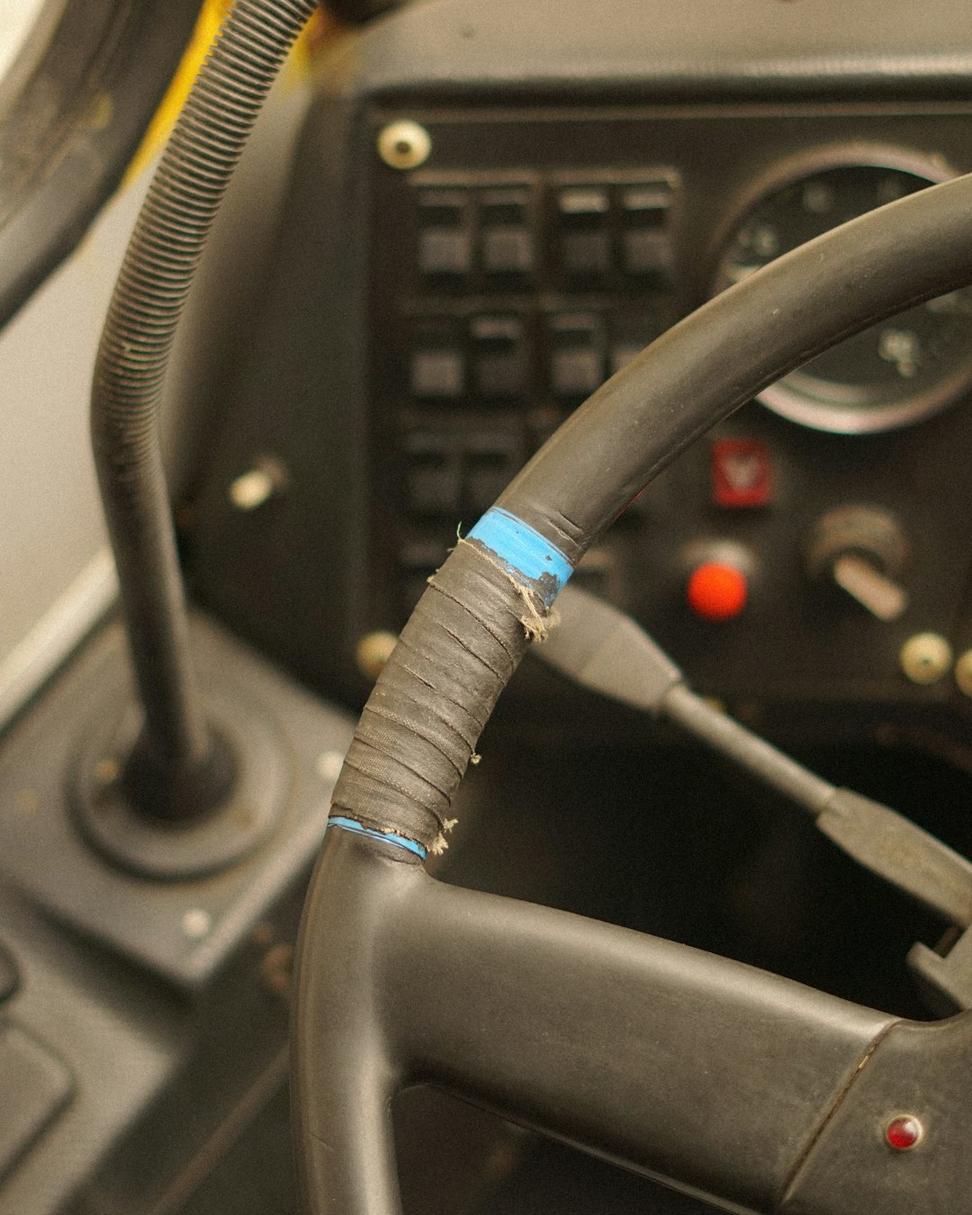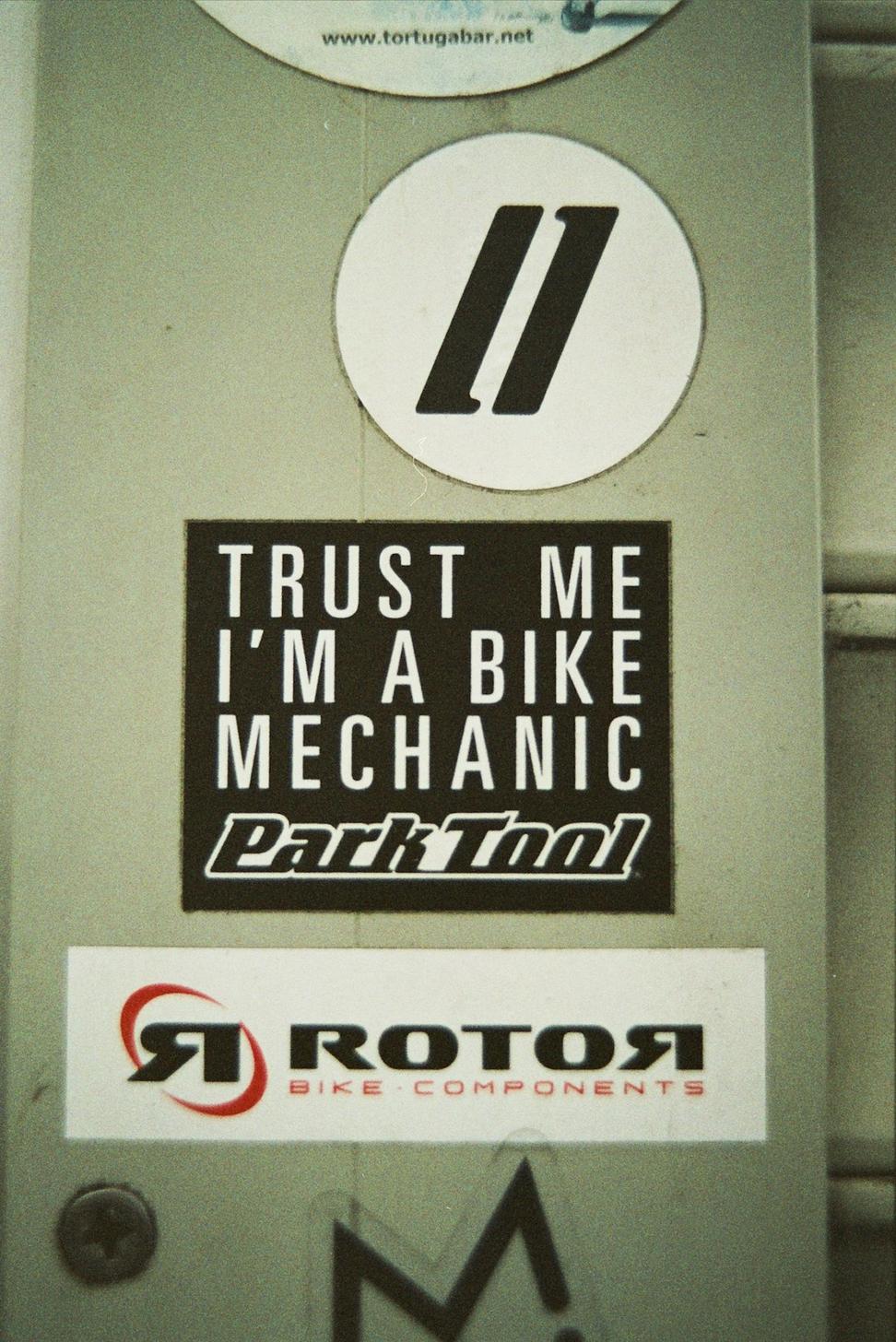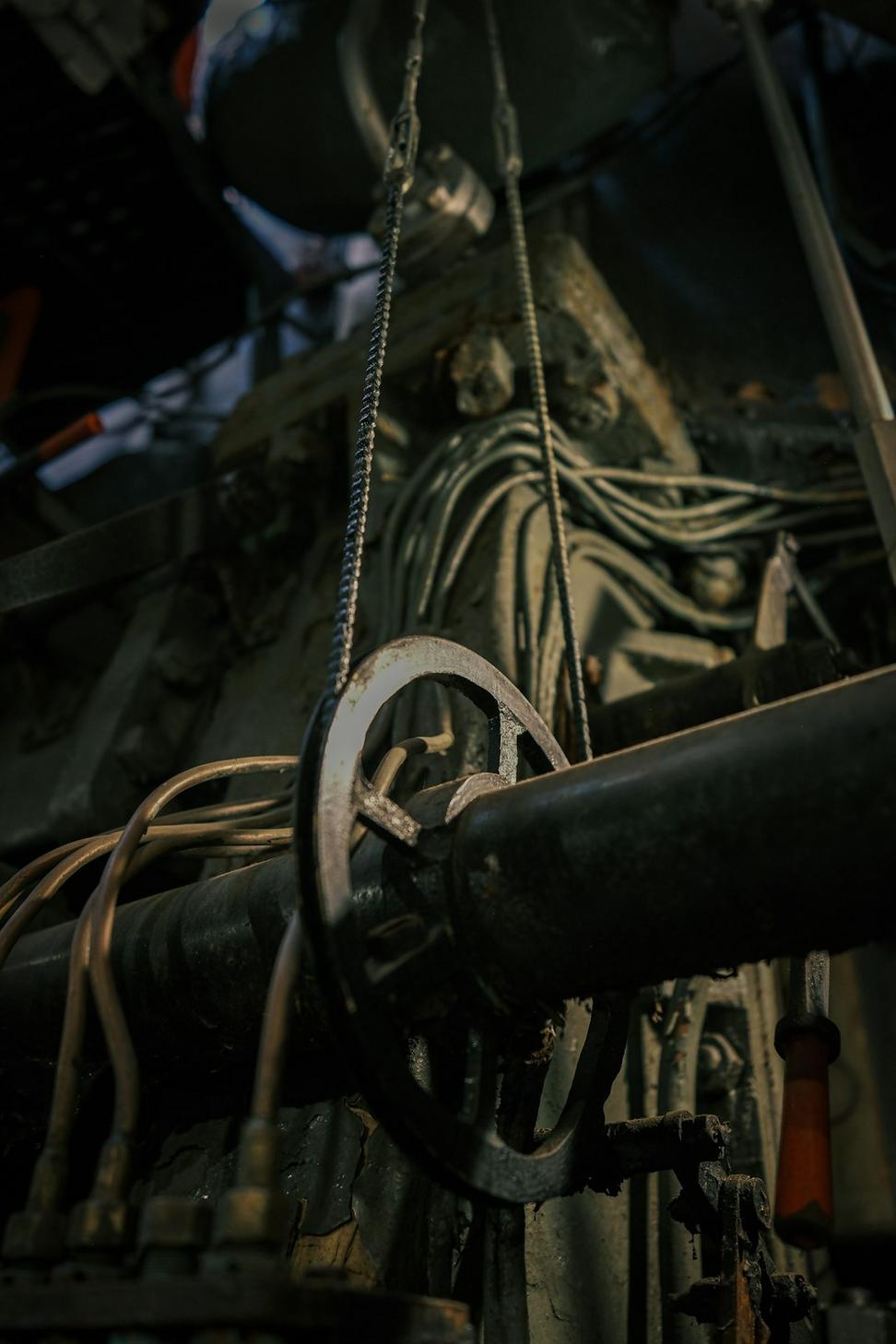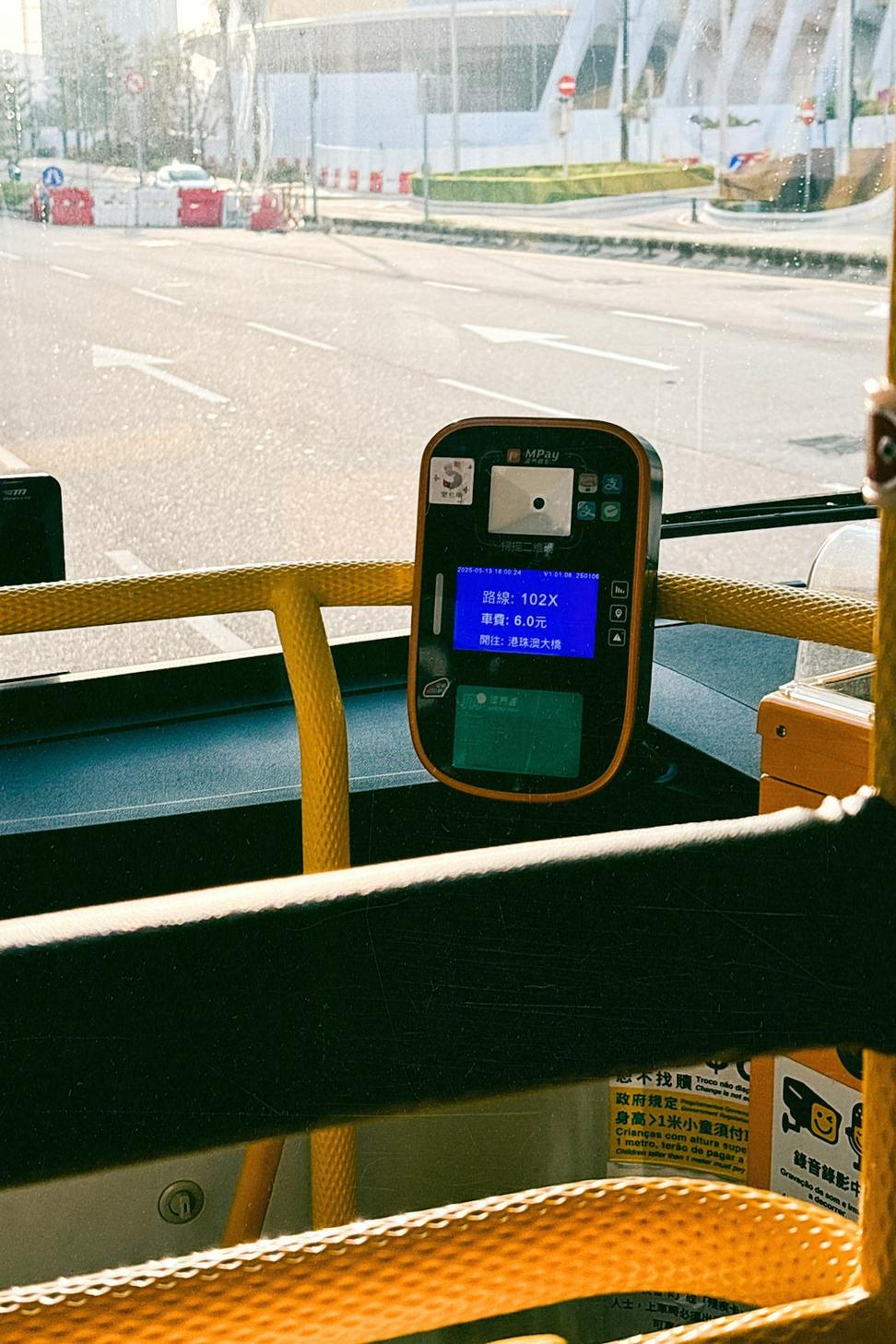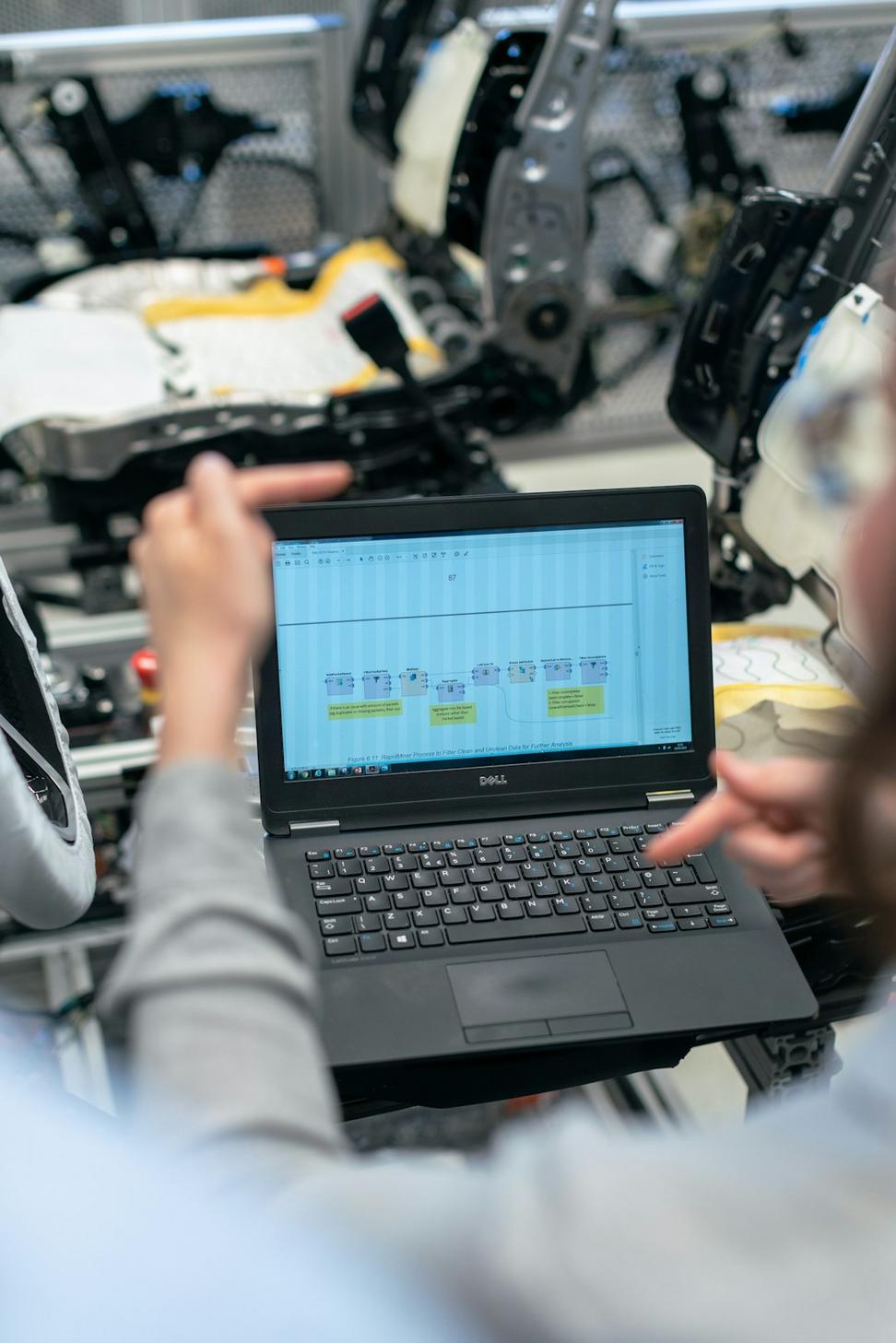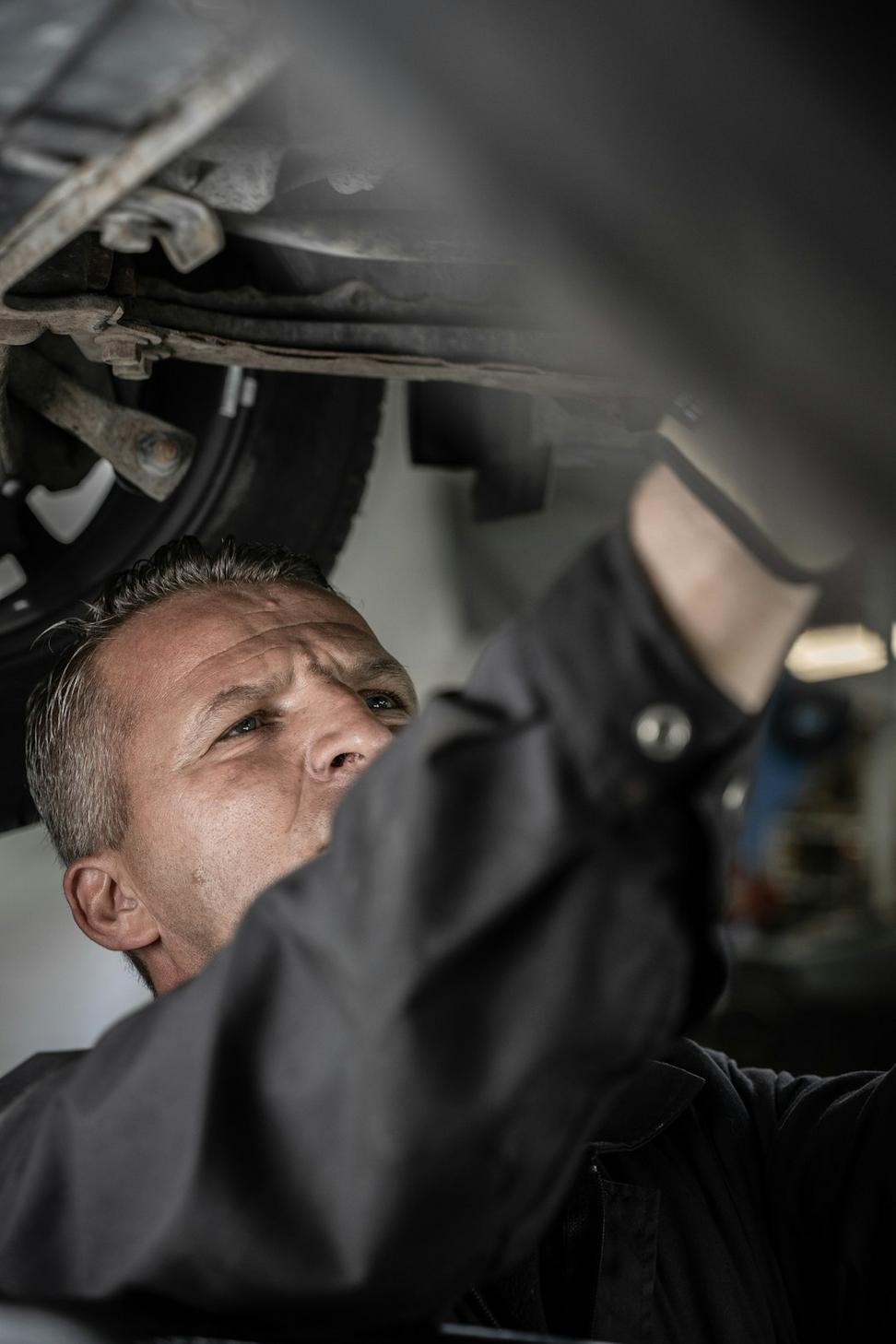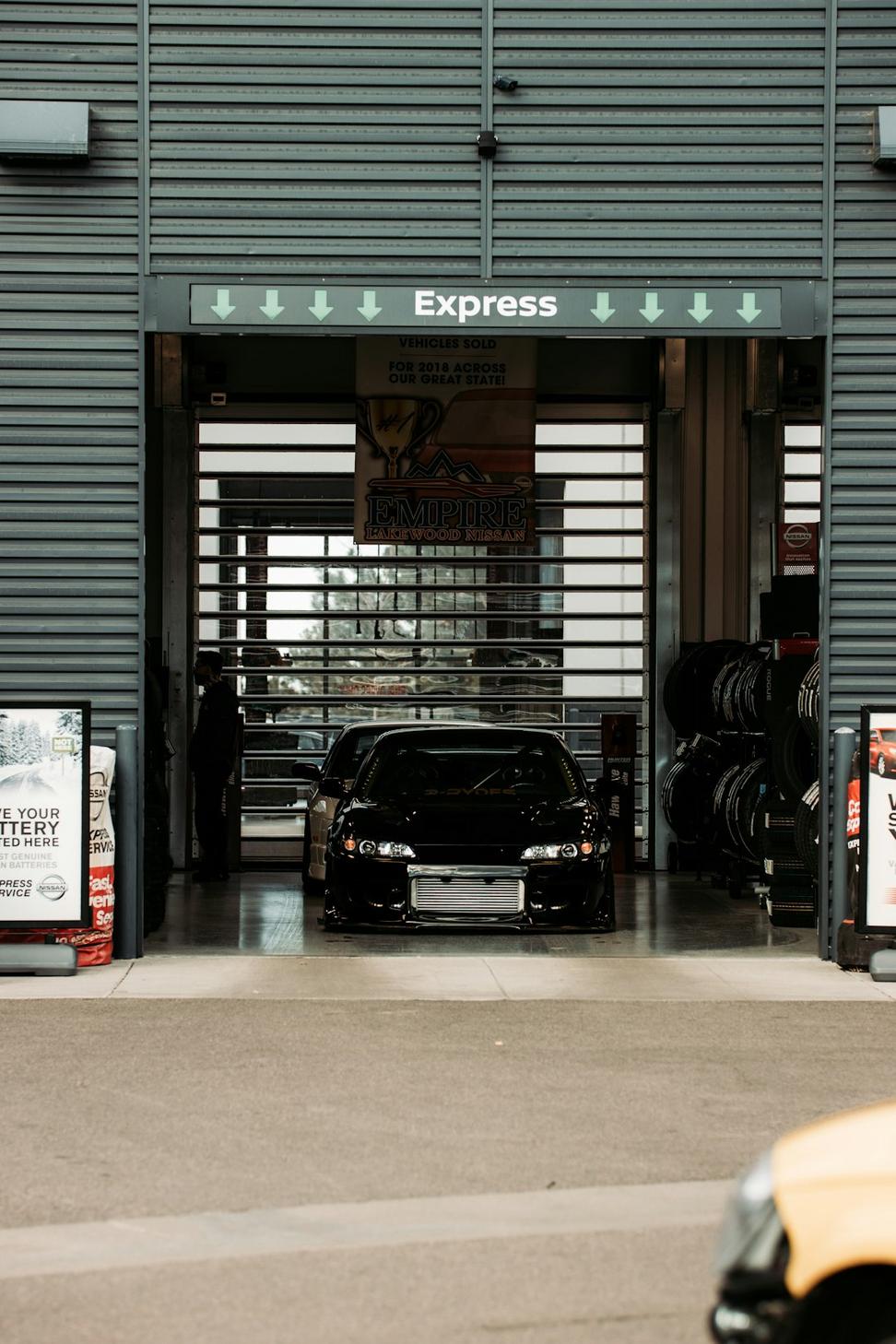Advanced Diagnostics
Where Precision Meets Power in the Shadows of Excellence
Look, we've been doing this long enough to know that guessing what's wrong with your ride is just throwing money away. Our diagnostic setup isn't your typical code reader from the parts store - we're talking serious hardware that talks to every module in your vehicle.
